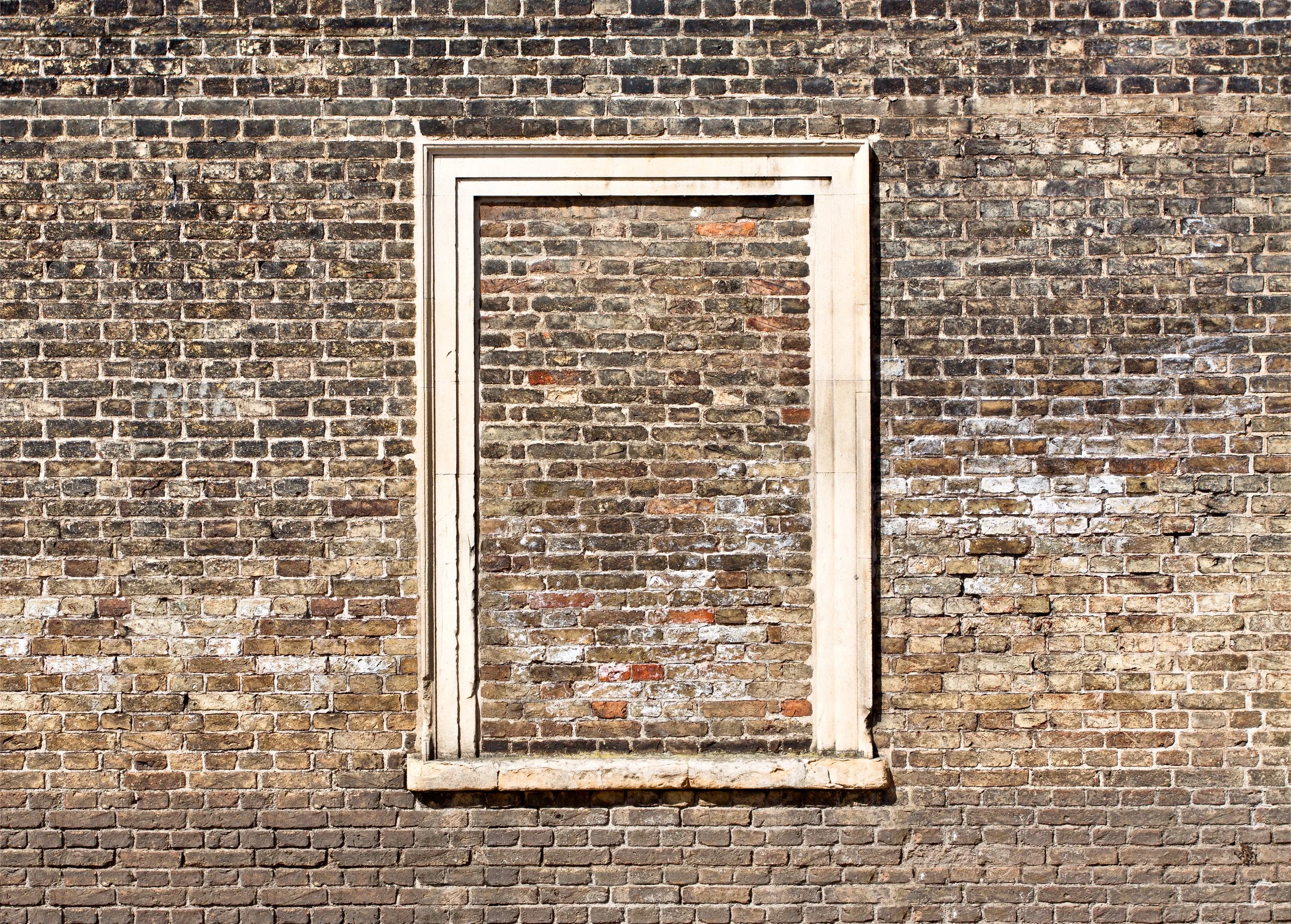Let’s celebrate July 24 as the day that Parliament gave back to the people the light and air it should never have taken in the first place. I believe God wants it that way.
Read MoreObituary for an Unlamented Tax
Obituary for a Late and Unlamented Tax
By Lawrence W. Reed
Genesis 1:3-4 tells us, “God said, ‘let there be light’ and there was light. And God saw that the light was good. Then he separated light from the darkness.”
In 1696, King William III decided that light was good enough to be taxed, so he levied a charge on windows in England and Wales. It lasted for more than a century and a half. The more windows one had in his home, the more taxes he paid for owning it. Since people are creatures of incentives and disincentives, many of them bricked up some or all their windows and others built new houses with as few windows as they could tolerate. For fifteen decades, the window tax was one of the most hated impositions in the country.
God gave us the sun so we would have light for free. The government taxed it so it no longer was, at least in your house. Think of the window tax as a levy on fresh air as well.
On today’s date—July 24—in the year 1851, the British Parliament got right with God. It allowed the window tax to expire. Within hours, homeowners in England and Wales could be seen smashing holes through their brick walls. Their typically dark, cramped, and gloomy abodes were livable again!
A few years earlier, the great French economist and statesman Frederic Bastiat penned his famous satirical essay, The Candlemakers’ Petition, in which the manufacturers of candles asked the government to “turn the lights out” as King William had done—but for a very selfish reason: Sunlight was a merciless competitor that charged nothing for its output. How unfair! Their demands read as follows:
Please pass a law ordering the closing of all windows, skylights, shutters, curtains, and blinds—that is, all openings, holes, and cracks through which the light of the sun is able to enter houses. This free sunlight is hurting the business of us deserving manufacturers of candles. Since we have always served our country well, gratitude demands that our country ought not to abandon us now to this unequal competition.
Bastiat’s point, of course, was that it’s silly (and immoral) to use the law to enrich some by impoverishing others. If a producer (the sun in his story) wants to give us all something valuable at zero cost, we’d be fools not to accept it! What we save by not having to buy so many candles, we can put to better use satisfying another of our endless wants.
King William’s window tax was “progressive” in character. As many as five windows could be exempt, but then the rates kicked in at six. As your number of windows went up from there, the tax rate on them rose even faster. The idea was to punish the better-off because they obviously were greedy for light and air. Don’t even think of living in a greenhouse! No doubt the envious were happy that the rich with all their windows got soaked.
By the early 19th Century, it was becoming increasingly clear that the dearth of sunlight and fresh air was a health hazard. An unsigned article on the Missing History website this past February reveals,
While property owners found ways to minimize their tax burden, the consequences of bricking up windows proved devastating for public health. The removal of windows created dark, poorly ventilated spaces that became perfect breeding grounds for disease transmission.
You'd find entire floors of buildings without a single window, forcing families to live in perpetual darkness. Property owners who had more than six windows faced steep taxation. The tax was initially designed to assess occupant wealth, using window counts as a measure of prosperity.
The architectural neglect spawned by the window tax led to severe health crises. Cholera, smallpox, and typhus spread rapidly through these dimly lit dwellings, with one particularly deadly typhus outbreak claiming 52 lives in a single six-family building in 1781.
As the record demonstrates, even window taxes have unintended consequences.
Let’s celebrate July 24 as the day that Parliament gave back to the people the light and air it should never have taken in the first place. I believe God wants it that way.
#####
(Lawrence W. Reed is President Emeritus, Humphreys Family Senior Fellow, and Ron Manners Global Ambassador for Liberty at the Foundation for Economic Education in Atlanta, Georgia. He blogs at www.lawrencewreed.com. Permission to reprint is hereby granted provided the author is credited.)

